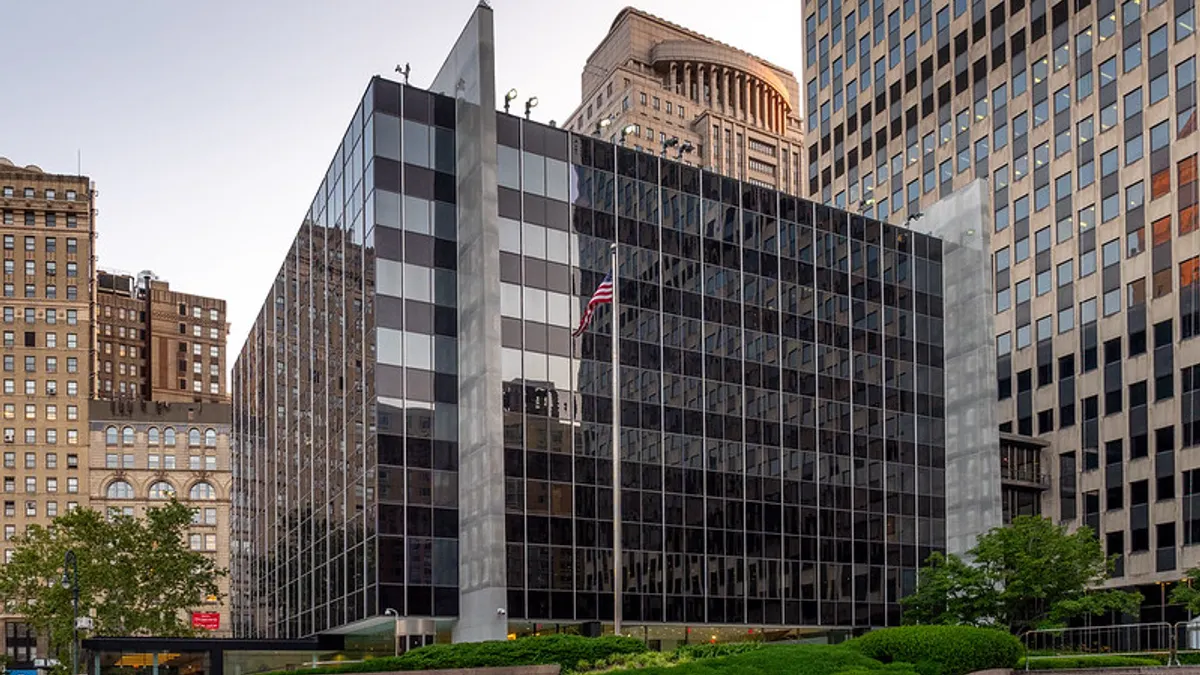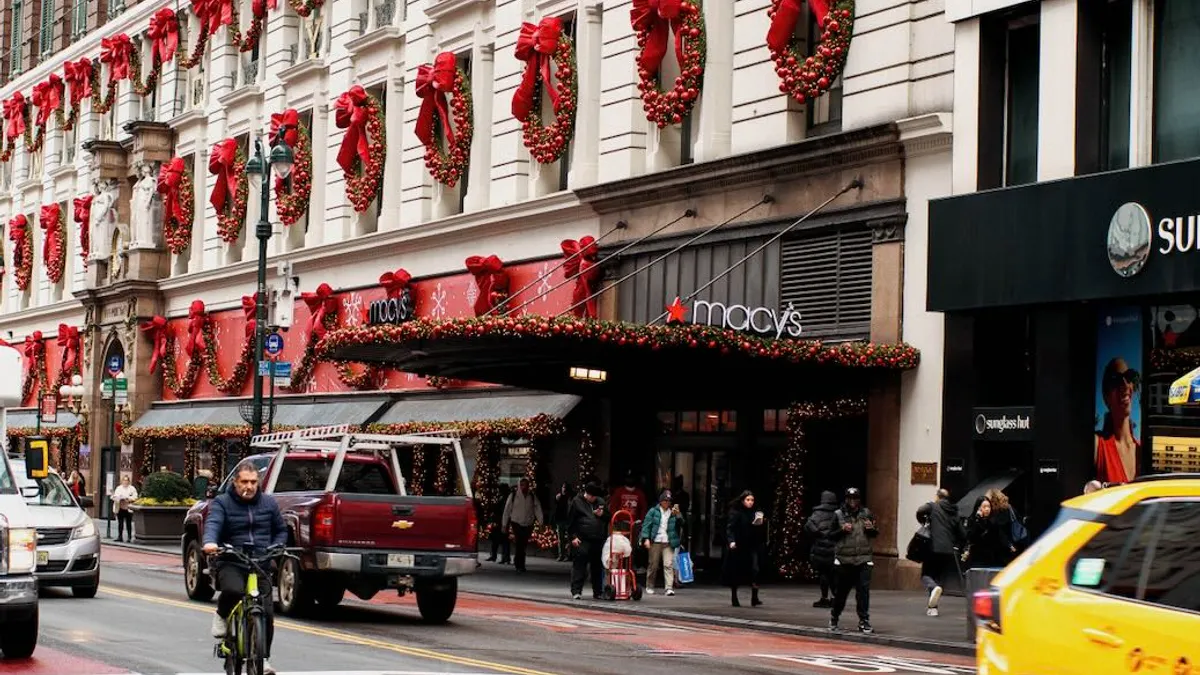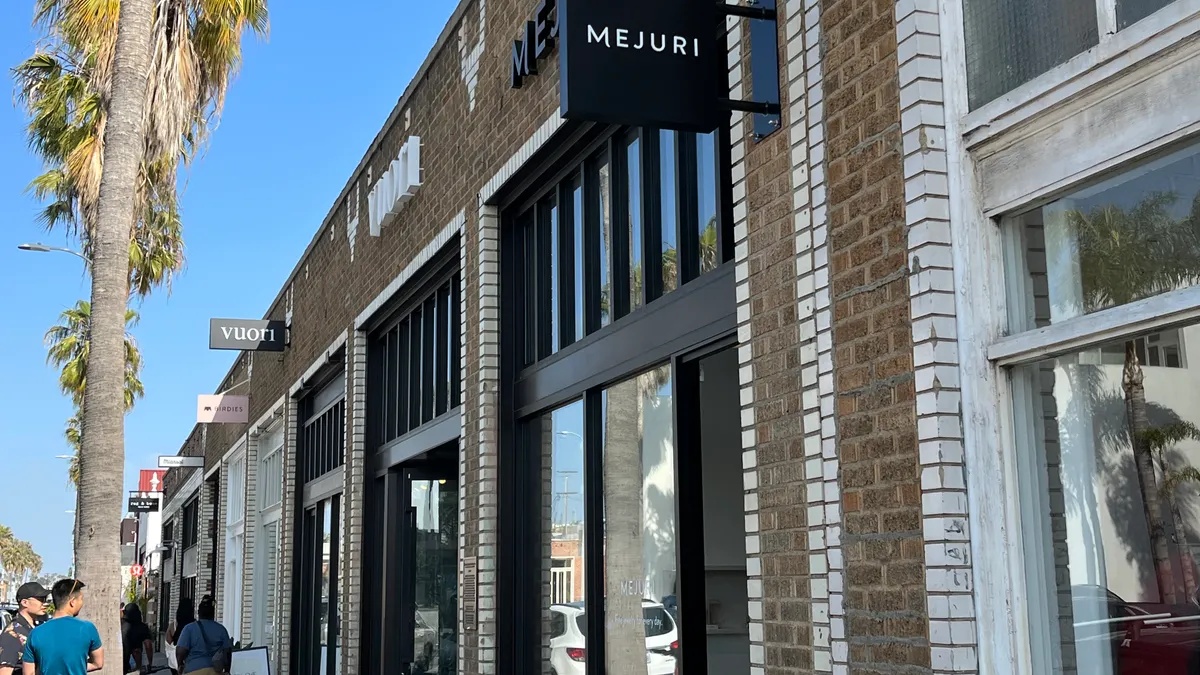A federal court on Wednesday blocked many of President Donald Trump’s sweeping tariff executive orders, saying the president overstepped his use of emergency powers to enact them.
The United States Court of International Trade issued an injunction on four executive orders that called upon various national emergencies to enact tariffs on Canada, China and Mexico, and a 10% global tariff plus additional reciprocal tariffs. The injunction called for the government to stop any operations related to those tariff orders, and to issue administrative notices on the permanent injunction within 10 days.
Lawyers representing the Trump administration quickly appealed the decision to the U.S. Court of Appeals for the Federal Circuit in Washington, D.C., and have 14 days to file additional documents supporting their case. The ruling has since been paused until further notice, per a Thursday order from the U.S. Court of Appeals for the Federal Circuit.
The injunction came as the result of several legal cases wherein a few small businesses and several U.S. states filed separate but similar petitions to halt the tariffs, arguing their imposition via the International Emergency Economic Powers Act overstepped presidential powers. The court eventually sided with the plaintiffs and ruled it was appropriate to block the executive orders that imposed the tariffs as a result.
“The Worldwide and Retaliatory Tariff Orders exceed any authority granted to the President by IEEPA to regulate importation by means of tariffs,” the court panel’s opinion reads. “The Trafficking Tariffs fail because they do not deal with the threats set forth in those orders.”
Which tariffs would be halted by an injunction?
Beyond broad tariffs on trading partners, Trump also used the IEEPA as the basis to eliminate the de minimis exemption for imports from China and Hong Kong. The White House plans to end de minimis treatment for other countries' products under the act, once systems are in place to collect the additional duties. Those changes are now in question, too, as a result of the court's decision to halt the executive orders that enabled them.
However, tariffs on automobiles, auto parts, steel and aluminum products were not affected by the injunction, as they were implemented under a different trade authority: Section 232 of the Trade Expansion Act. Similarly, any tariffs implemented under Section 301 will remain in place.
Trump is not the first president to have used emergency powers to impose tariffs, per an April report by the Congressional Research Service, although his authority to do so was always in question. In 1971, President Richard Nixon imposed a global 10% tariff to address a national emergency related to the country's economic position.
However, Trump's use of emergency powers is different in a few ways. First, the president has used emergency powers more broadly, claiming crises on immigration, fentanyl trafficking and disproportionate trade relationships as distinct emergencies justifying new tariffs. Second, the report notes the law Nixon used was since reformed into the IEEPA — the law used by Trump — and that, therefore, the IEEPA's use for tariffs had so far been legally untested.
"IEEPA authorizes the President to 'regulate' a variety of international economic transactions, including imports. Whether 'regulate' includes the power to impose a tariff, and the scale and scope of what tariffs might be authorized under the statute, are open questions as no President has previously used IEEPA to impose tariffs," Christopher Casey, analyst in International Trade and Finance for the Congressional Research Service, wrote in the report.
The U.S. Court of International Trade was established by the Constitution and has nationwide jurisdiction over civil actions arising out of customs and trade laws in the country, according to the court’s website. A federal appeals court can review its decisions.
However, several Trump administration officials put out statements criticizing the court’s action to halt tariffs. White House Deputy Chief of Staff Stephen Miller, for example, said on X: “The judicial coup is out of control.”
And, in a statement posted on X, White House spokesperson Kush Desai said: “It is not for unelected judges to decide how to properly address a national emergency."
Editor’s note: This story was updated to include an order from the U.S. Court of Appeals for the Federal Circuit that halted the injunction.
Max Garland contributed to this story.























